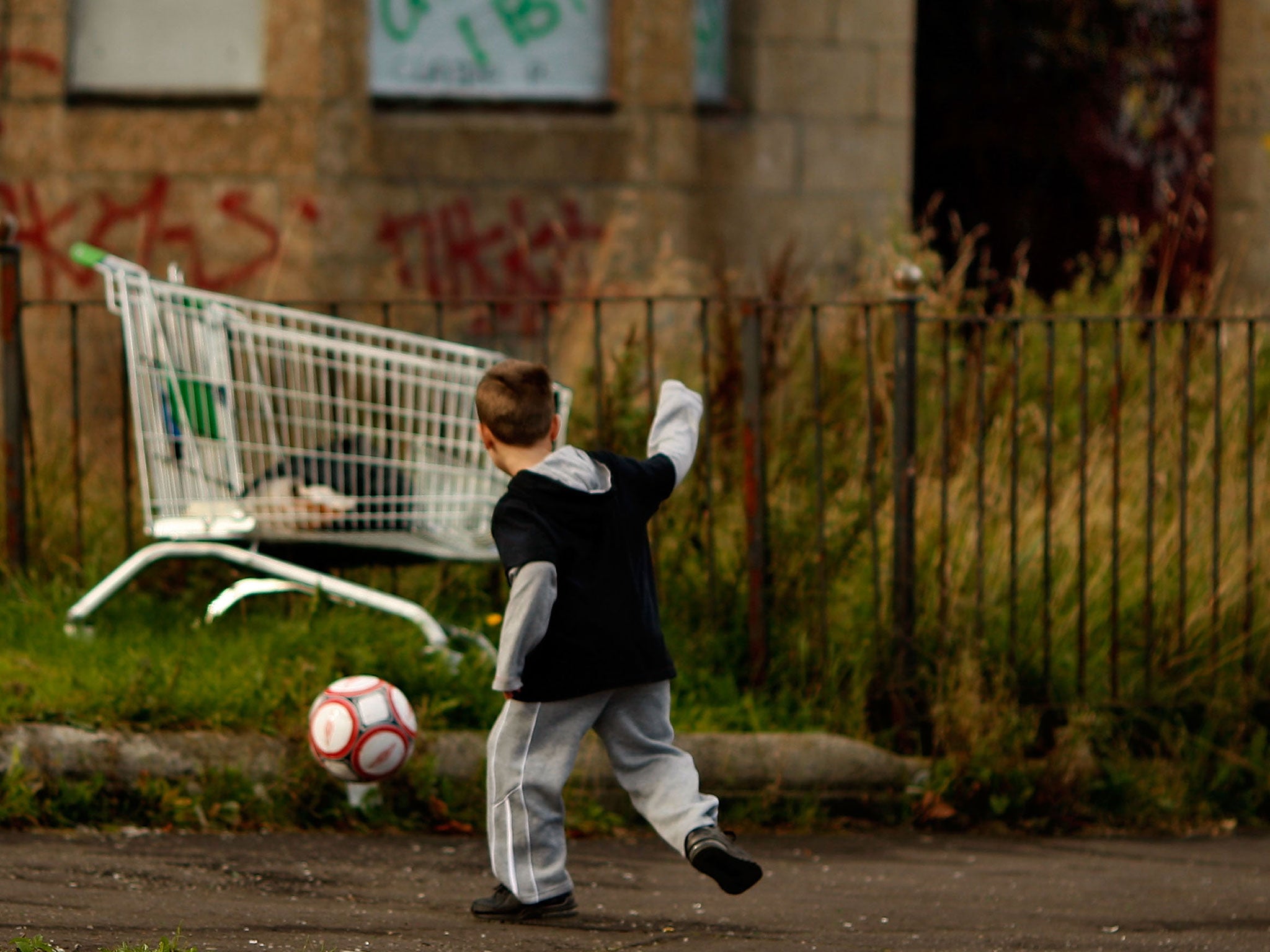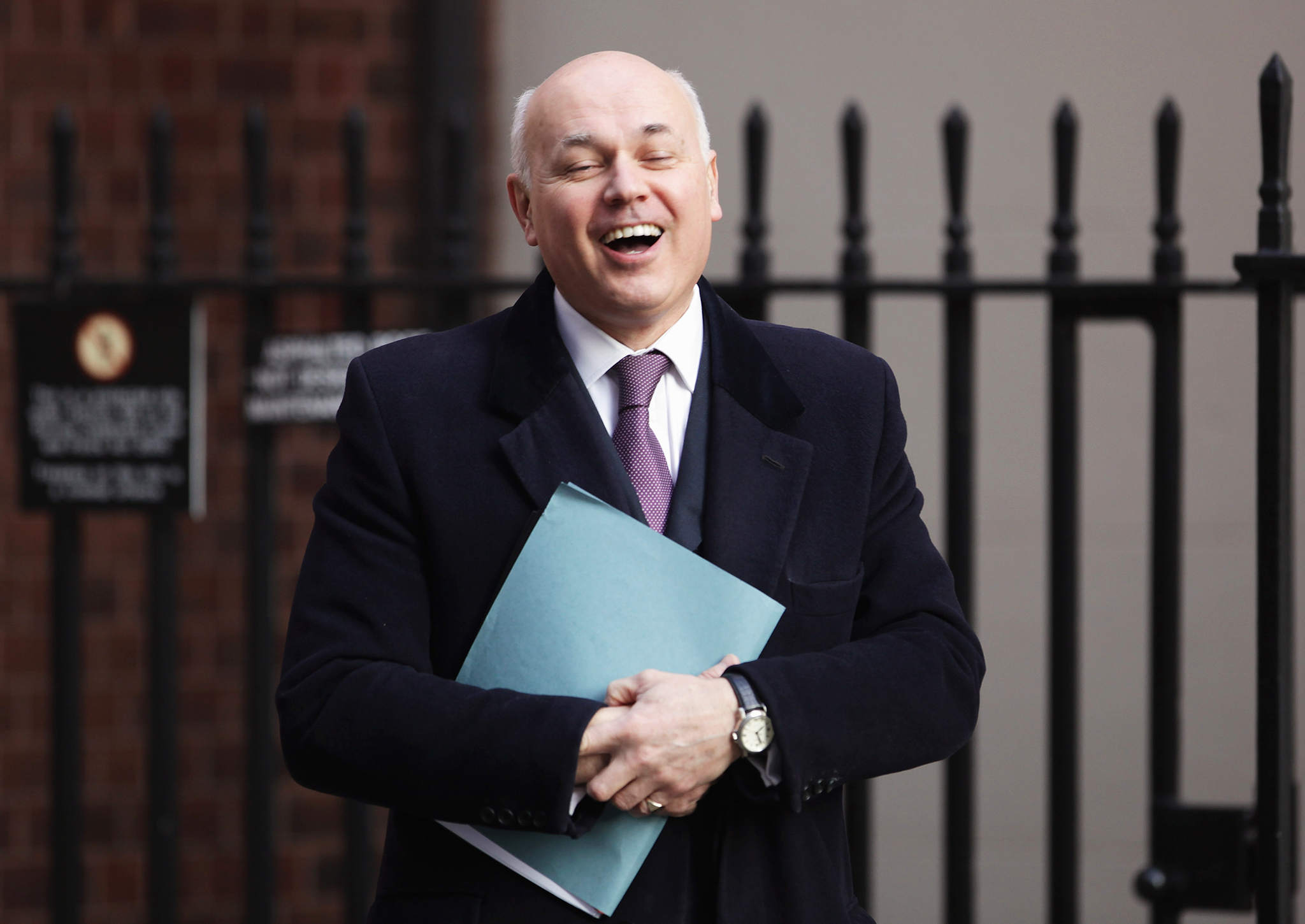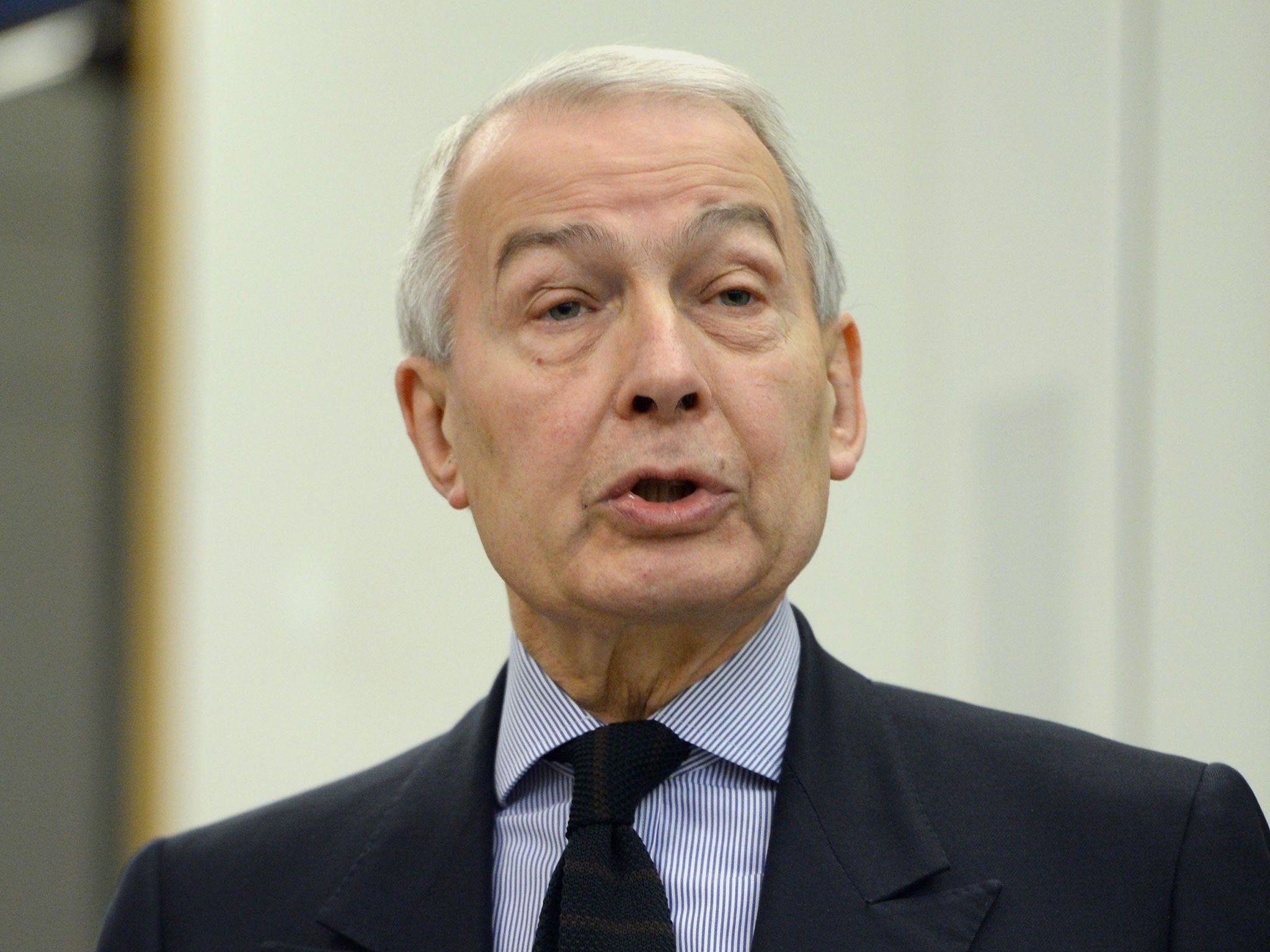Child poverty falls to 2.3 million - its lowest level since the 1980s according to the government
Department for Work and Pensions says child poverty is at its lowest level since the 1980s

Your support helps us to tell the story
From reproductive rights to climate change to Big Tech, The Independent is on the ground when the story is developing. Whether it's investigating the financials of Elon Musk's pro-Trump PAC or producing our latest documentary, 'The A Word', which shines a light on the American women fighting for reproductive rights, we know how important it is to parse out the facts from the messaging.
At such a critical moment in US history, we need reporters on the ground. Your donation allows us to keep sending journalists to speak to both sides of the story.
The Independent is trusted by Americans across the entire political spectrum. And unlike many other quality news outlets, we choose not to lock Americans out of our reporting and analysis with paywalls. We believe quality journalism should be available to everyone, paid for by those who can afford it.
Your support makes all the difference.The number of children living in relative poverty has fallen to 2.3 million - its lowest level since the 1980s, according to the government.
The government's current definition of child poverty is whether a child lives in a household with an income of less than 60 per cent of the national average.
The figures, released by the Department for Work and Pensions, said the average household income in 2013/14 before housing costs remained unchanged from the previous year at £453 a week, meaning that 2.3 million children lived in households with incomes less than £272.

The number of children living in relative poverty has fallen by 100,000 on the previous year.
The numbers contradict speculation over the past week that the number would rise after the Institute for Fiscal Studies predicted the number living in poverty could rise to 3.9 million.
It was widely believed the numbers would increase for the first increase in more than a decade because they are the first statistics that take in the effects of the benefits cap, which was introduced in 2013.
Iain Duncan Smith, the Work and Pensions Secretary, said the fall in child poverty was a "vindication" of the government's approach to tackling the issue and said it demonstrated the "impact" in eradicating the root causes of the problem.
He also mocked the Labour party for tabling an urgent question in the House of Commons before the figures were out, accusing them of scoring a "massive own goal" and having "egg on their face" by assuming the figures would show a rise in poverty.

However Chris Leslie, Labour's shadow chancellor, accused the government of overseeing a "depressing slowdown" in the fight against child poverty.
The current measure of poverty was set out in the Child Poverty Act, one of the last pieces of legislation introduced by the last Labour government under Gordon Brown.
It legally commits the Government to reducing child poverty to fewer than one in ten children by 2020. However in a keynote speech on welfare earlier this week David Cameron signalled his intention to reform the way child poverty is calculated.
He described as "absurd" the current classification that a child in poverty is one that lives in a household with less than 60 per cent of the average national income and pointed to the anomaly that increasing the state pension boosts the number of people living in poverty.
The Conservative manifesto pledged to “introduce better measures to drive real change in children’s lives”.
Frank Field, who served as welfare reform minister under Tony Blair and has been a fierce critic of the government's record on tackling poverty, said a new measurement was needed to take into account poor children's chances of living a better life.
Mr Field, who has been elected as the new chairman of the Work and Pensions select committee, said: "Politicians might understand these measurements but the electorate certainly doesn’t.
"What I hope would interest the electorate is action to prevent poor children becoming poor adults. We must therefore begin talking about, and measuring, poor children’s life chances and how they can be improved.
"It is important that such measurements are accurate, but that they can also safely drive anti-poverty policy."
Javed Khan, chief executive of children's charity Barnardo's, said every child that remained in poverty was a reflection of failure and said he found reported plans by the government to cut tax credits "deeply concerning".
"Every child living in poverty is a child that's being let down," he said. "Child poverty is a direct reflection of a failure, as a society, to protect our most vulnerable families.
"Poverty is blighting the life chances of our children, making them more likely to fall sick, do less well at school and be unemployed in the future. Government plans to cut struggling families' incomes further by changing tax credits is deeply concerning.
"So that every child gets the chances in life every child deserves, this Government must ensure that change to the benefits system makes work pay for those on low incomes, and doesn't force families further into poverty."
Join our commenting forum
Join thought-provoking conversations, follow other Independent readers and see their replies
Comments